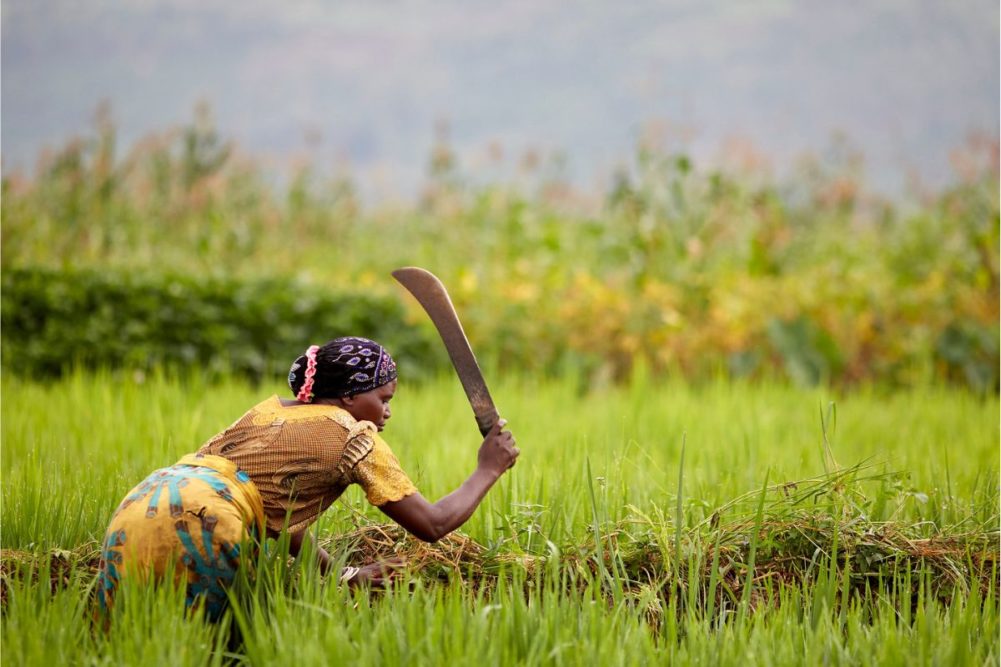ABIDJAN, IVORY COAST — The board of directors of the African Development Bank Group has approved the first loan under the African Development Bank’s $1.5 billion African Emergency Food Production Facility, an initiative to avert a looming food crisis exacerbated by the war in Ukraine.
The board on July 10 approved a €121 million ($121.99 million) loan to Senegal for implementation of an emergency agricultural program that will benefit 850,000 small farmers, 35% of whom are women.
“Senegal’s dependence on the outside world for basic commodities and foodstuffs is a real bottleneck and poses a threat to the country’s food sovereignty, which has been sharpened by the war in Ukraine,” said Mohamed Chérif, country manager for Senegal for the African Development Bank. “This operation is intended to mitigate exogenous financial, economic, social and climate shocks and to maintain the upward trend in cereal production seen in recent years, especially by focusing efforts on the availability of key inputs including seeds and fertilizers to producers.”
The Emergency Food Production Programme in Senegal has three components: improving access to certified seeds and advisory support; strengthening farmers’ access to fertilizers; and enhancing governance and implementation of public policies in the agricultural sector. Under the first component, the program will, among other crops, help provide 7,000 tonnes of cereal seeds to farmers.
Senegal is among the world’s least-developed countries that is heavily dependent on wheat from Russia and Ukraine. In 2020, the West African nation imported 725,000 tonnes of the staple grain from the two Black Sea nations now at war.
The African Emergency Food Production Facility wasapproved by the boardof directors on May 20 and will provide agricultural seeds to 20 million African farmers. The goal is to produce over the next two years an additional 38 million tonnes of food, primarily wheat, maize, rice and soybeans worth $12 billion.




